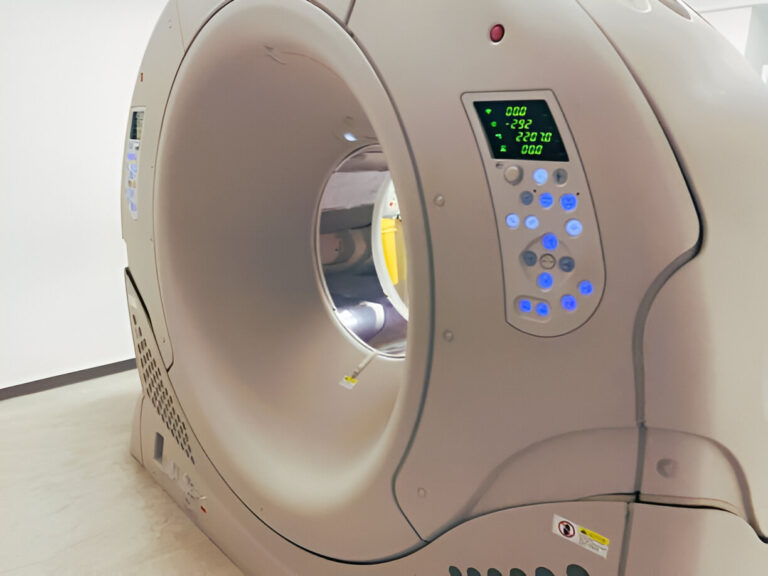Introduction to Clinical Trials
Clinical trials are a cornerstone of scientific discovery and healthcare advancements in modern medicine. By systematically evaluating new interventions, whether pharmaceutical drugs, surgical procedures, or behavioral therapies, clinical trials provide a structured approach to validating the safety and efficacy of medical innovations. These trials translate laboratory findings into tangible healthcare solutions that benefit society.
At their core, clinical trials are about more than just gathering data. They encompass a comprehensive process that scrutinizes every potential risk and benefit, ensuring that when new treatments become publicly accessible, they come with robust safety assurance. This meticulous process helps avoid unintended side effects and maximize therapeutic benefits, aligning with overarching public health goals.
The Phases of Clinical Trials
Clinical trials unfold in distinct phases, each serving a unique role in assessing a new treatment. This progression from Phase I to Phase IV is crucial in safeguarding the participants involved and the integrity of the results.
- Phase I: This initial phase involves a small cohort of healthy volunteers or patients, focusing mainly on assessing the treatment’s safety profile and determining an appropriate dosage range. Here, researchers begin to understand how the human body processes the intervention.
- Phase II: After Phase I verifies basic safety, Phase II investigates effectiveness. This stage includes a bigger group of participants and assesses the effectiveness of the treatment under ideal conditions while still overseeing safety and immediate side effects.
- Phase III: Before a new treatment can be released to the public, Phase III is a rigorous, large-scale examination. Thousands of participants across multiple locations compare the latest therapy to standard existing ones, offering a comprehensive dataset that informs its real-world performance.
- Phase IV: Post-marketing studies conducted in Phase IV provide crucial data on long-term effects and optimal use scenarios, ensuring that ongoing monitoring continues even after public access is granted.
Importance of Volunteer Participation
Volunteer participation is the lifeblood of clinical trials. These individuals, driven by altruism, hope for personal health benefits, or both, contribute invaluable data that researchers rely on to reach definitive conclusions. Their involvement helps diversify the dataset, making findings applicable to a broader population. As highlighted in a study published in the Journal of Clinical Medicine, the motivations and experiences of clinical trial volunteers can significantly impact trial outcomes and the generalizability of results. Volunteers are screened according to specific criteria: age, gender, health status, and medical history. This careful selection process ensures that trial data is reliable and valid, balancing scientific rigor against participant safety.
Ethical Considerations in Clinical Trials
Clinical trials navigate a challenging ethical terrain where scientific ambition intersects with moral duty. Central to this process is informed consent, in which volunteers are provided with thorough details about the trial’s aims, methods, possible risks, and advantages before participating. This transparency is vital, ensuring that individuals make well-informed decisions about their involvement.
In addition to informed consent, trials adhere to strict ethical guidelines monitored by independent review boards. These entities ensure that trials prioritize participant welfare over scientific gains. To delve deeper into these moral standards, the World Health Organization provides substantial guidance on maintaining ethical integrity in clinical research. Their frameworks help safeguard participants from exploitation and harm. Researchers must also report any adverse events promptly, ensuring transparency throughout the study. This ethical oversight fosters public trust and supports the responsible advancement of medical science.
Advancements Driven by Clinical Trials
Clinical trials have been crucial in reaching significant medical advancements that are transforming healthcare. Vaccines that have effectively eliminated diseases such as smallpox and advanced efforts against polio illustrate the considerable influence of these experiments. Other meaningful progress includes the swift advancement of treatments and vaccines throughout the COVID-19 pandemic, demonstrating the essential role of trials in addressing global health emergencies.
Clinical trials enable the thorough evaluation of innovative treatments, guaranteeing that scientific progress converts into practical solutions that improve patient health and meet unfulfilled medical requirements in various populations.
Real-Life Success Stories
The narrative of clinical trials is rich with success stories that have galvanized healthcare progress. The development of statins, for example, has significantly reduced heart disease mortality rates and improved cardiovascular health outcomes on a global scale. Similarly, antiretroviral therapies for HIV/AIDS have transformed the disease from a death sentence into a manageable chronic condition.
These success stories underscore the transformational power of clinical trials, demonstrating their pivotal role in delivering life-saving treatments that improve patient outcomes and reshape public health landscapes.
How to Get Involved in a Clinical Trial
Taking part in a clinical trial enables people to aid in medical progress while possibly gaining access to innovative therapies. Interested volunteers can explore clinical trial registries, consult healthcare providers, or contact research institutions to find suitable trials.
Potential participants generally undergo a screening procedure to assess eligibility, followed by an in-depth conversation about the trial’s protocol, possible risks, and advantages. This ensures that volunteers are well-informed and actively engaged in the decision-making process.
The Future of Clinical Trials
The horizon of clinical trials is marked by innovation and transformation. Digitalization is ushering in an era of virtual trials, enhancing patient accessibility and convenience while reducing geographical barriers. Moreover, advancements in precision medicine, driven by breakthroughs in genomic research, are ushering in personalized treatment approaches that cater to individual genetic makeups.
As these trends gain momentum, they promise to redefine the clinical trial landscape, offering unprecedented insights and improving patient care. The future is bright, with potential implications far beyond traditional healthcare practices.

david Miller is an experienced English language expert with a deep passion for helping others communicate effectively and confidently. With a background in linguistics and literature, He provides clear, accessible insights on grammar, writing, and communication strategies. Through well-researched articles and practical advice, David Miller aims to make language learning both inspiring and achievable for readers of all levels.


